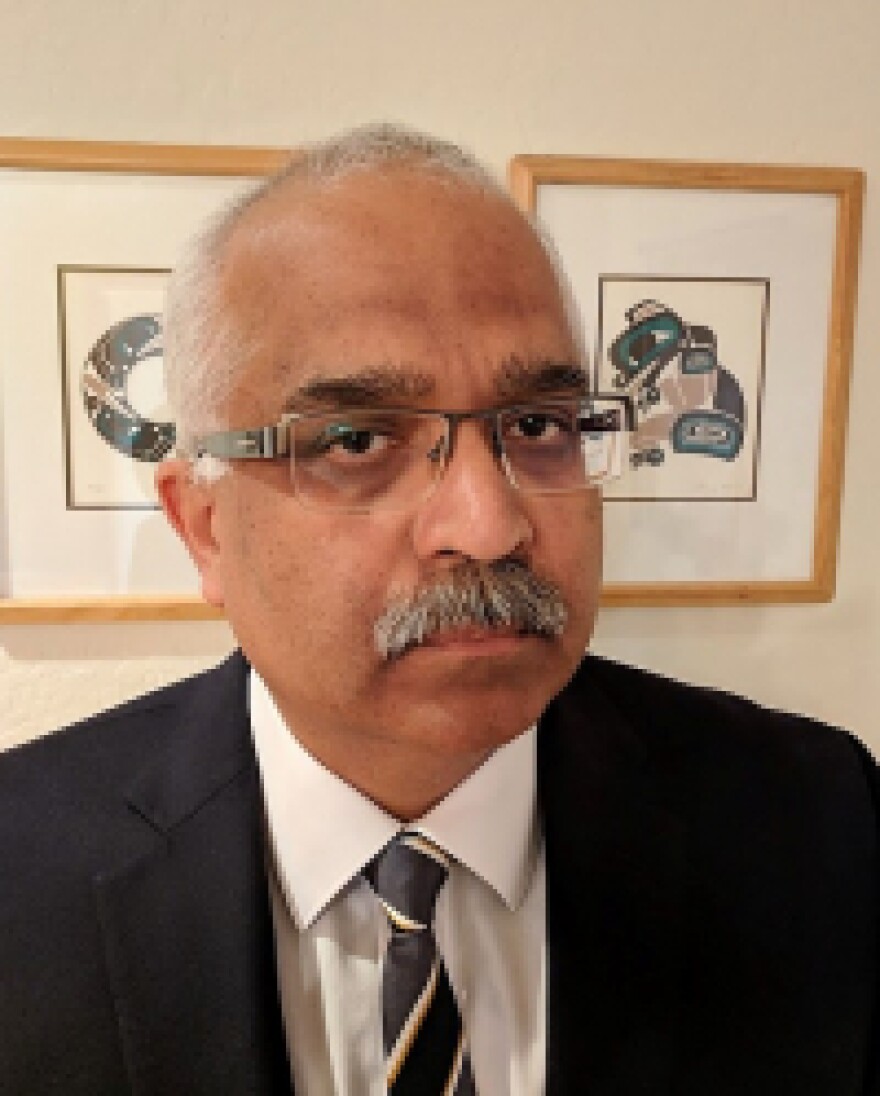OTTAWA – Several federal political parties are expressing reservations about the prospect of fresh regulations to prevent foreign meddlers from tainting their candidate nomination processes.
Elections Canada has suggested possible changes to safeguard nominations, including barring non-citizens from helping choose candidates, requiring parties to publish contest rules and explicitly outlawing behaviour such as voting more than once.
However, representatives of the Bloc Québécois, Green Party and NDP have told a federal commission of inquiry into foreign interference that such changes may be unwelcome, difficult to implement or counterproductive.
The Canada Elections Act currently provides for limited regulation of federal nomination races and contestants.
For instance, only contestants who accept $1,000 in contributions or incur $1,000 in expenses have to file a financial return. In addition, the act does not include specific obligations concerning candidacy, voting, counting or results reporting other than the identity of the successful nominee.
A report released in June by the National Security and Intelligence Committee of Parliamentarians expressed concern about how easily foreign actors can take advantage of loopholes and vulnerabilities to support preferred candidates.
Lucy Watson, national director of the NDP, told the inquiry Thursday she had concerns about the way in which new legislation would interact with the internal decision-making of the party.
“We are very proud of the fact that our members play such a significant role in shaping the internal policies and procedures and infrastructure of the party, and I would not want to see that lost,” she said.
“There are guidelines, there are best practices that we would welcome, but if we were to talk about legal requirements and legislation, that’s something I would have to take away and put further thought into, and have discussions with folks who are integral to the party’s governance.”
In an August interview with the commission of inquiry, Bloc Québécois executive director Mathieu Desquilbet said the party would be opposed to any external body monitoring nomination and leadership contest rules.
A summary tabled Thursday says Desquilbet expressed doubts about the appropriateness of requiring nomination candidates to file a full financial report with Elections Canada, saying the agency’s existing regulatory framework and the Bloc’s internal rules on the matter are sufficient.
Green Party representatives Jon Irwin and Robin Marty told the inquiry in an August interview it would not be realistic for an external body, like Elections Canada, to administer nomination or leadership contests as the resources required would exceed the federal agency’s capacity.
A summary of the interview says Irwin and Marty “also did not believe that rules violations could effectively be investigated by an external body like the Office of the Commissioner of Canada Elections.”
“The types of complaints that get raised during nomination contests can be highly personal, politically driven, and could overwhelm an external body.”
Marty, national campaign director for the party, told the inquiry Thursday that more reporting requirements would also place an administrative burden on volunteers and riding workers.
In addition, he said that disclosing the vote tally of a nomination contest could actually help foreign meddlers by flagging the precise number of ballots needed for a candidate to be chosen.
Irwin, interim executive director of the Greens, said the ideal tactic for a foreign country would be working to get someone in a “position of power” within a Canadian political party.
He said “the bad guys are always a step ahead” when it comes to meddling in the Canadian political process.
In May, David Vigneault, director of the Canadian Security Intelligence Service at the time, said it was very clear from the design of popular social media app TikTok that data gleaned from its users is available to the Chinese government.
A December 2022 CSIS memo tabled at the inquiry Thursday said TikTok “has the potential to be exploited” by Beijing to “bolster its influence and power overseas, including in Canada.”
Asked about the app, Marty told the inquiry the Greens would benefit from more “direction and guidance,” given the party’s lack of resources to address such things.
Representatives of the Liberal and Conservative parties are slated to appear at the inquiry Friday, while chief electoral officer Stéphane Perrault is to testify at a later date.
After her party representatives appeared Thursday, Green Leader Elizabeth May told reporters it was important for all party leaders to work together to come up with acceptable rules.
This report by The Canadian Press was first published Sept. 19, 2024.































